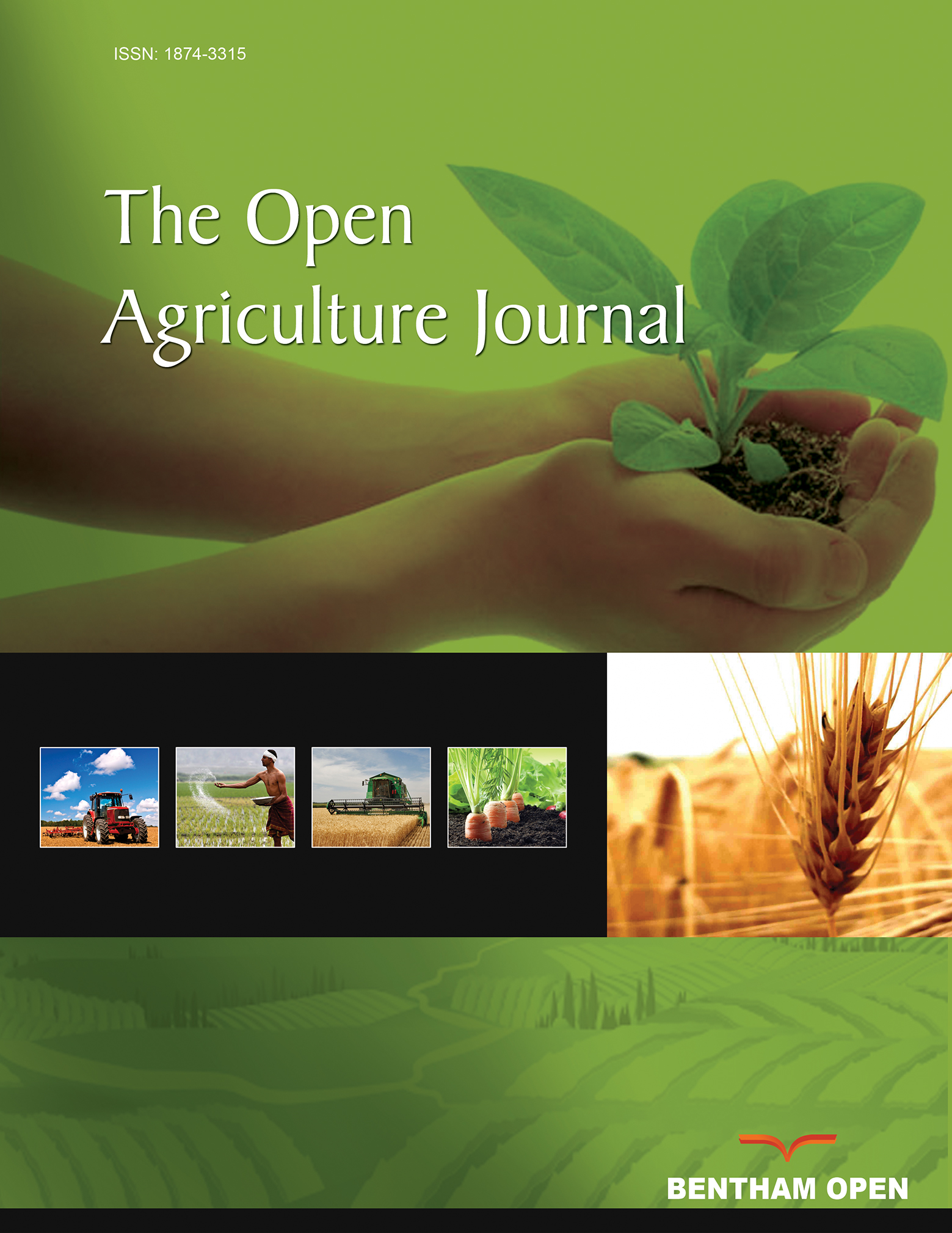All published articles of this journal are available on ScienceDirect.
Effect of Mixture of Water Hyacinth Compost and Rice Husk Biochar on the Improvement of Alluvial Soil Properties and the Growth of Red Ginger (Zingiber Officinale L.)
Abstract
Background:
Alluvial is the potential soil for agricultural development. However, this soil can inhibit plant growth. One of the ways to improve the physical properties of this soil is through the application of soil amendments.
Objective:
This study aimed to determine the optimum dose of a mixture of water hyacinth compost and rice husk biochar for improving alluvial soil properties and the growth of red ginger.
Methods:
This study was arranged in a completely randomized design (CRD) with four replications. The treatment consisted of a mixture of water hyacinth compost and rice husk biochar (volume ratio of 2:1), which consisted of six doses: 0, 40, 60, 80, 100, and 120 g polybag-1. Then, each replication consisted of three samples. As many as 72 polybags were needed in this study. The observed physical properties of the soil were the bulk density (BD) and the soil pore space. The plant growth parameters included plant height, leaf numbers, tiller numbers, and fresh weight.
Results:
The results showed that applying a mixture of water hyacinth compost and rice husk biochar at a dose of 120 g polybag-1 caused the lowest BD and the most pore space in the soil. However, a dose of 80 g polybag-1 can provide maximum plant height, leaf numbers, tiller numbers, and fresh weight.
Conclusion:
The study findings show that mixing water hyacinth compost and rice husk biochar at 80 g polybag-1 is the optimum dose to support the maximum red ginger growth. However, we recommend that future research is needed to investigate the causes of decreasing BD and increasing soil pores.


